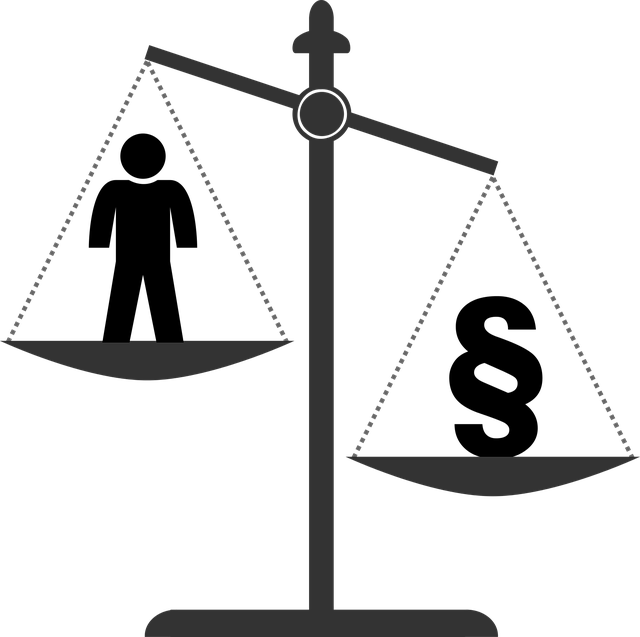Oregon's criminal justice system, governed by Oregon Criminal Law, balances societal interests and individual rights through courts, police, and corrections. This involves investigations, charging, pretrial hearings, trials, and sentencing. Defense attorneys protect clients' rights, ensuring fair treatment under the U.S. Constitution and state laws that include the right to be informed, remain silent, confront witnesses, and an attorney. Understanding complex state-federal interactions is crucial for effective navigation. Recent reforms aim for fairness and efficiency, addressing systemic biases and promoting restorative justice practices in Oregon criminal law.
Exploring Oregon’s criminal justice system is paramount for understanding the rights of accused individuals and the strategies employed in defense. This article offers a comprehensive legal insight into Oregon criminal law, focusing on the intricate balance between the state’s policies and the protections afforded to defendants. We delve into key areas: from the fundamentals of Oregon’s criminal justice framework to the evolving policy changes and their profound impact on those facing criminal charges.
- Understanding Oregon's Criminal Justice System
- Rights of Accused: A Comprehensive Look
- Defense Strategies: Navigating Oregon Law
- Policy Changes and Their Impact on Defendants
Understanding Oregon's Criminal Justice System

Oregon, with its intricate criminal justice system, serves as a microcosm for understanding the broader dynamics of criminal defense policy in the US. The state’s legal framework is governed by Oregon Criminal Law, which outlines procedures and penalties for various offenses. At the heart of this system lies a balanced approach, aiming to protect societal interests while ensuring individual rights are upheld.
The Oregon criminal justice system operates through a series of courts, police departments, and corrections facilities, working collaboratively to address criminal activities. The process begins with law enforcement officers investigating potential crimes, followed by the filing of charges by the district attorney’s office. Cases then proceed through pretrial hearings, trials, and, if convictions are made, sentencing, all while defense attorneys play a crucial role in protecting the rights and interests of their clients.
Rights of Accused: A Comprehensive Look

In any criminal proceeding, understanding the rights of accused individuals is paramount under Oregon criminal law. These rights serve as a safeguard against potential abuses and ensure fairness throughout the legal process. The U.S. Constitution and Oregon state laws collectively outline several fundamental protections for those facing criminal charges. Accused persons are entitled to be informed of the nature and cause of the accusation, ensuring they know the specific crimes they are alleged to have committed. They also possess the right to remain silent, a crucial aspect designed to prevent self-incrimination, as guaranteed by the Fifth Amendment.
Additionally, Oregon criminal law guarantees the accused the opportunity to confront and cross-examine witnesses against them, fostering transparency and accountability in the judicial process. The right to an attorney is another cornerstone of this system, providing legal representation and guidance throughout investigations and trials. This ensures that defendants can navigate complex laws and procedures effectively, protecting their interests and ensuring they are treated fairly under the law.
Defense Strategies: Navigating Oregon Law

In Oregon, criminal defense strategies are shaped by a complex interplay of state and federal laws. Understanding the nuances of Oregon criminal law is paramount for any defendant seeking to navigate the legal system effectively. One key aspect is recognizing the specific charges and their associated defenses. For instance, Oregon has distinct laws regarding felonies, misdemeanors, and lesser offenses, each with its own set of potential defenses.
Defense attorneys must also be well-versed in evidentiary rules and constitutional protections. The right to a fair trial, guaranteed by both state and federal constitutions, includes the exclusion of inadmissible evidence and protection against self-incrimination. Skilled defense lawyers leverage these principles to build robust cases, ensuring their clients receive a just and impartial judgment under Oregon criminal law.
Policy Changes and Their Impact on Defendants

In recent years, Oregon has witnessed significant policy changes in its criminal defense system, which have had a profound impact on defendants’ rights and outcomes. These alterations are largely driven by the goal of ensuring fairness and efficiency within the legal process. For instance, reforms have been implemented to streamline bail procedures, emphasizing public safety while preserving the presumption of innocence. Such measures can be particularly significant for low-level offenses, where excessive bail amounts may previously have led to prolonged pretrial detention for defendants unable to meet financial burdens.
Moreover, policy shifts in Oregon criminal law have focused on addressing systemic biases and promoting restorative justice practices. This includes initiatives aimed at reducing disparities in charging decisions based on race or socioeconomic status. By adopting these changes, the state seeks to provide a more level playing field for all defendants, ensuring that legal outcomes are not influenced by extraneous factors. These policy adjustments not only reflect evolving societal values but also have the potential to strengthen public trust in Oregon’s criminal justice system.






